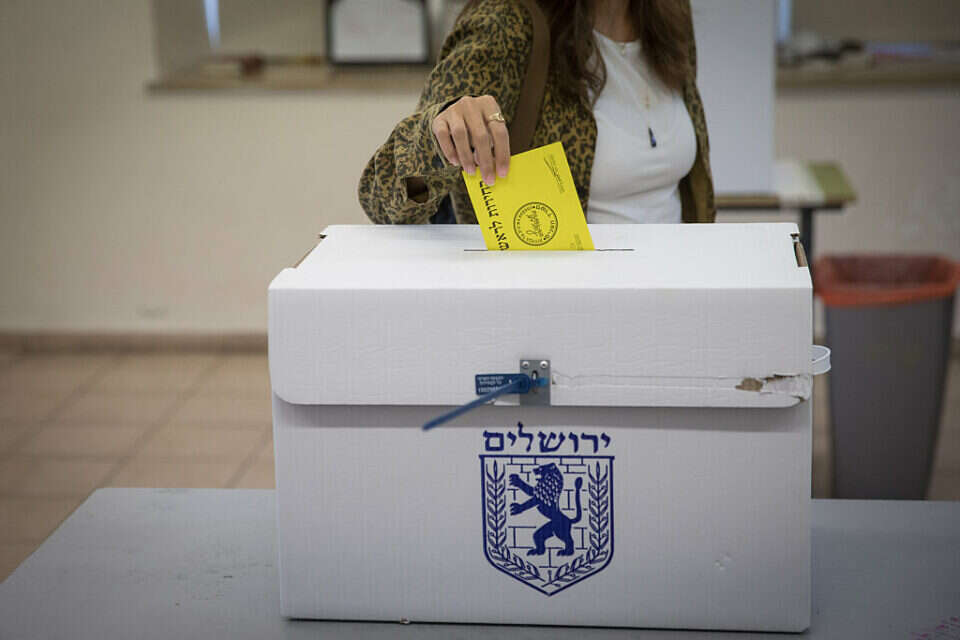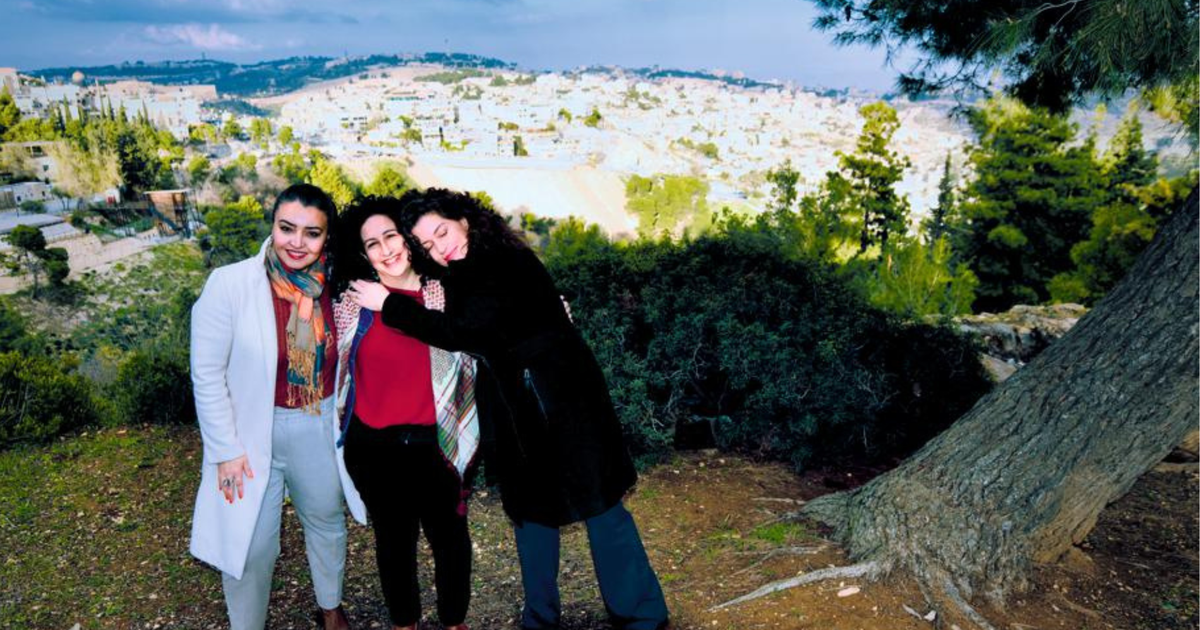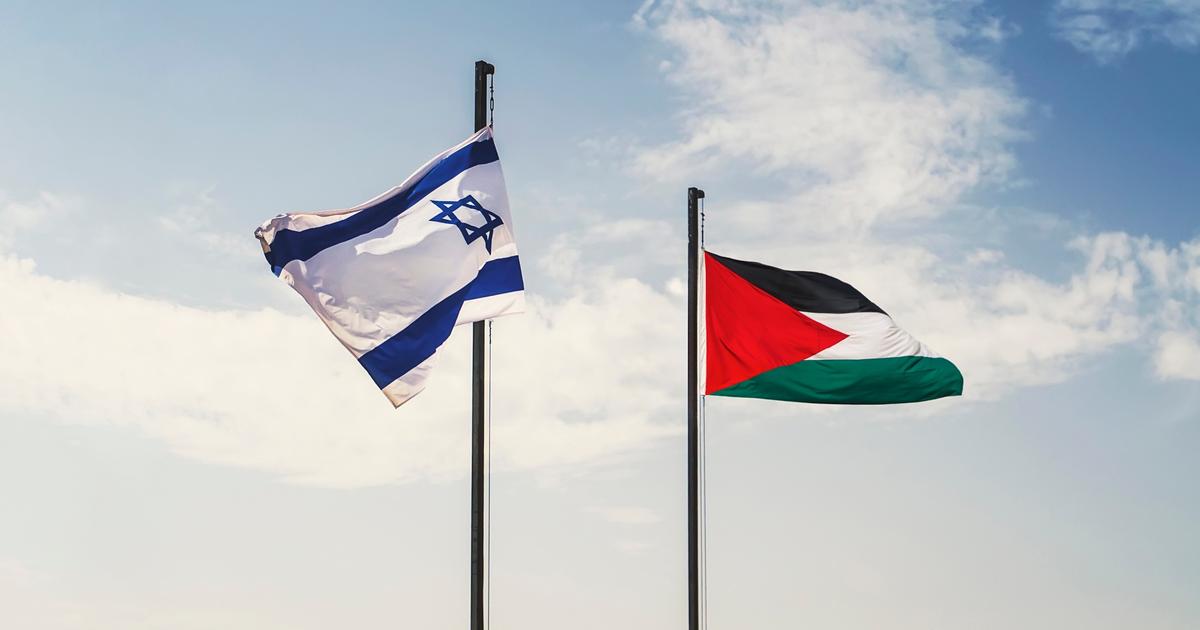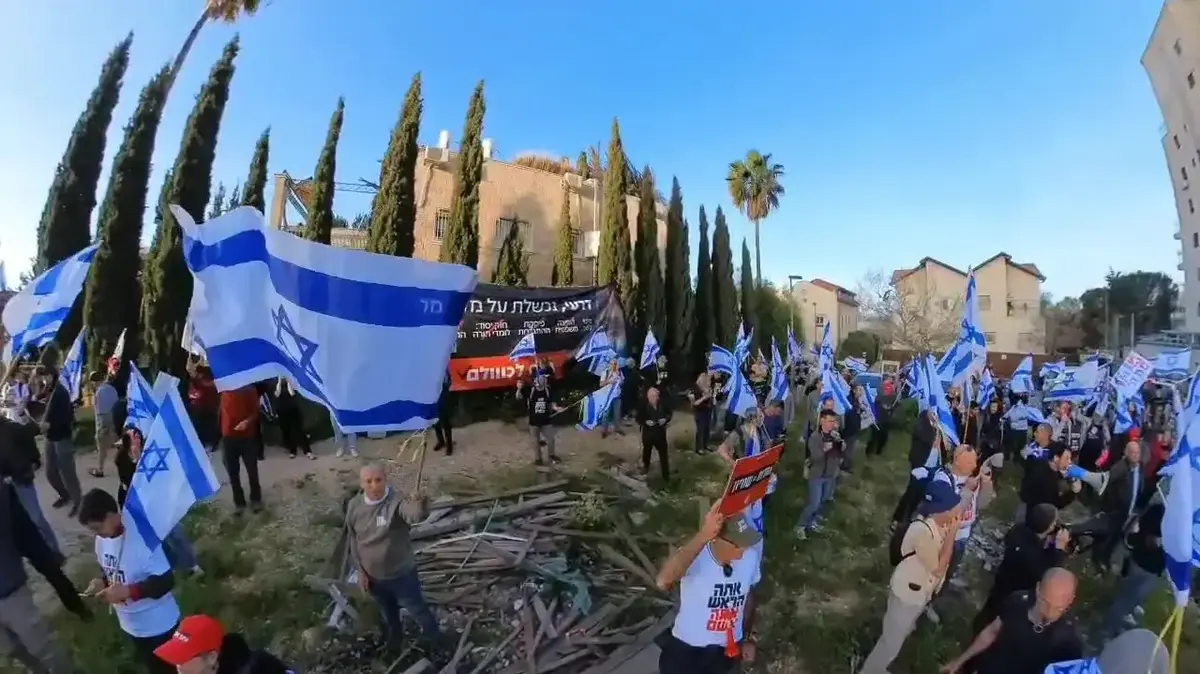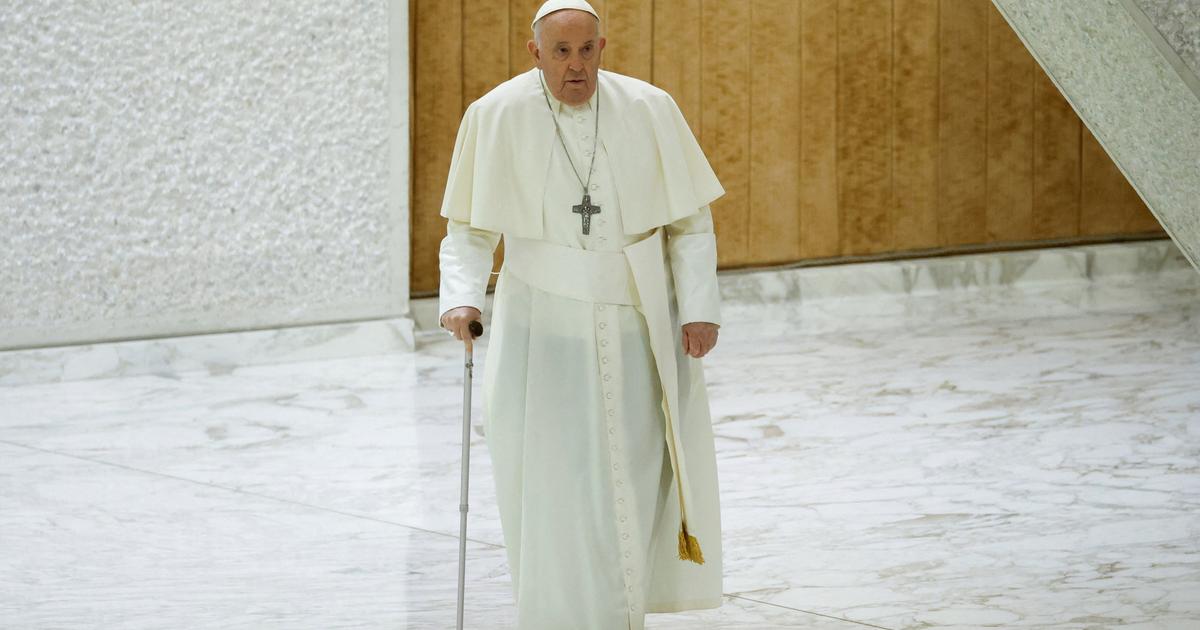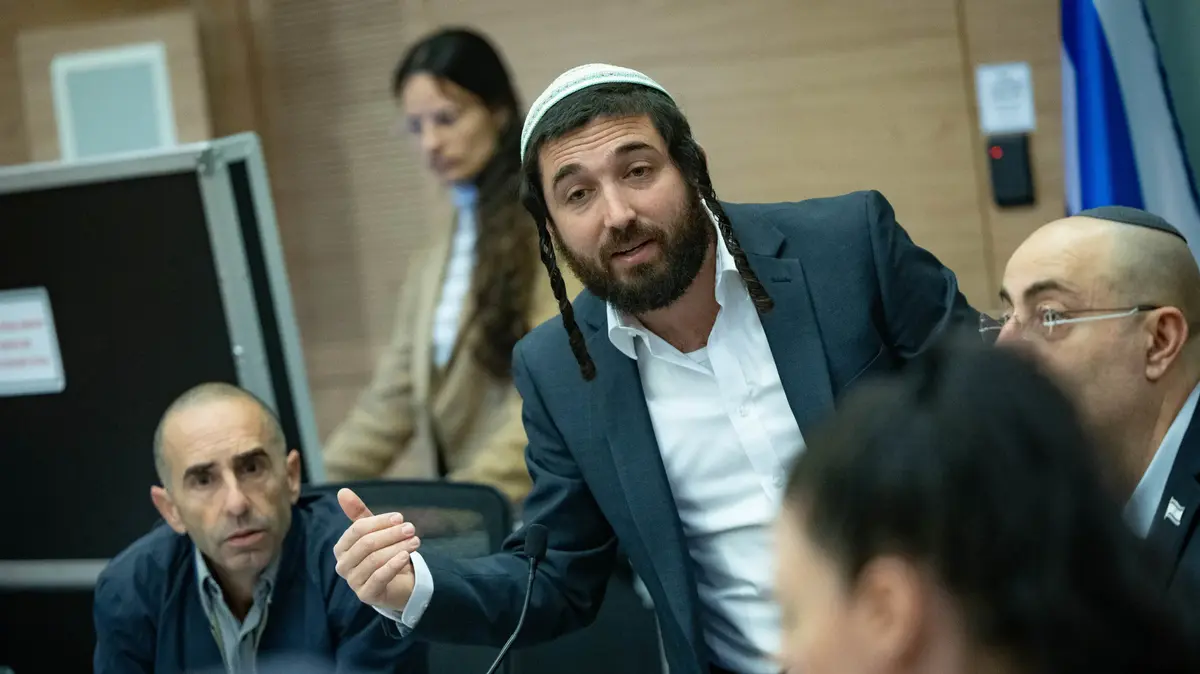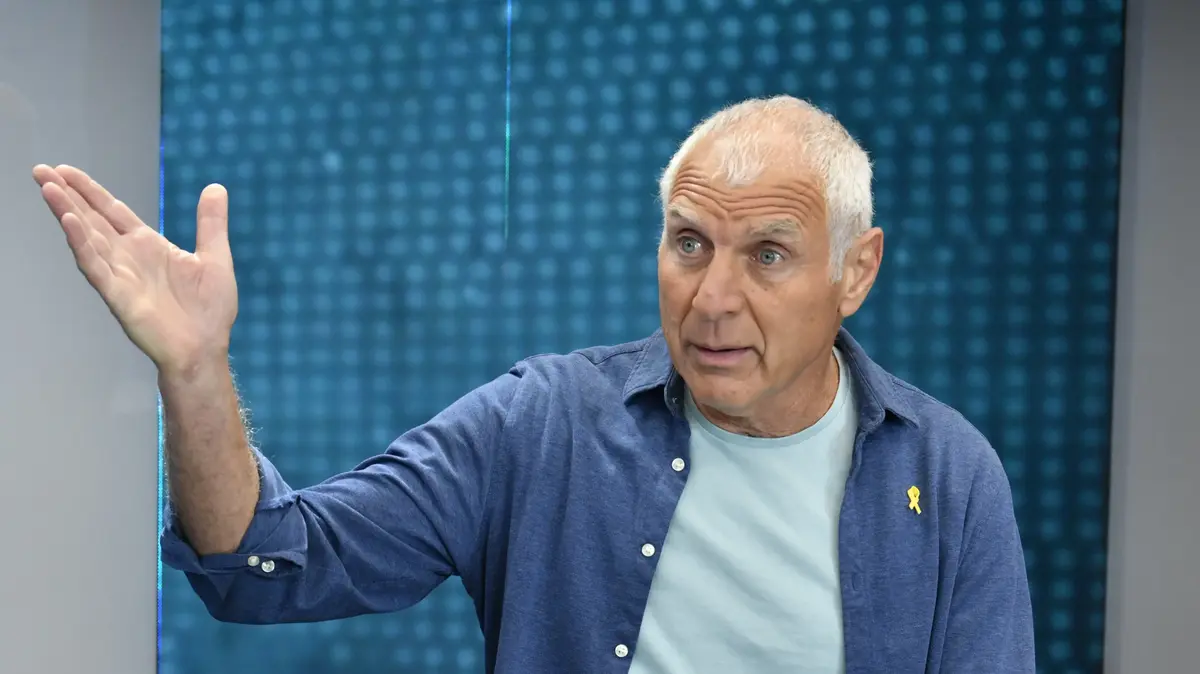Palestinian activists called on East Jerusalem residents to boycott the Jerusalem municipal elections, which are expected to be held in five months. The calls came after a resident of the Beit Hanina neighborhood of the city, lawyer Walid Abu Tayeh, an Israeli Arab born in Nazareth, announced his intention to run in the elections for city council and mayor as a representative of the Arab residents. However, other elements in East Jerusalem believe it is time to stop boycotting the elections.
Following Abu Tayaya's decision to present his candidacy, an organization called the Popular National Conference for Jerusalem, composed entirely of people affiliated with Fatah and Mahmoud Abbas, warned that participation in the Jerusalem municipal elections "is a blatant violation of the Palestinian national consensus, which sees the municipality as an arm of the occupation authorities to Judaize the city and expel the Palestinian residents."
He announced his intention to run in the city council elections. Walid Abu Tayeh, Photo: None
According to the organization, "questionable" elements have recently been behind calls for Arab residents to participate in the elections by voting or presenting candidacy. "This is intended to present Israel as a democratic state, and to give Palestinian legitimacy to illegal moves that change the Arab and Islamic character of the city," the statement said.
It should be noted that in recent years several Arab residents have announced their intention to run in elections for the Jerusalem City Council, despite the opposition of the Palestinian Authority and nationalist elements. Some of them received threats to harm themselves and their families, and decided later in the campaign to withdraw their candidacy due to heavy pressure exerted on them. Even those who had just announced their intention to run in the elections were attacked by elements in the PA and Fatah.
Since 1967, a large majority of Palestinian residents of East Jerusalem have boycotted municipal elections on the grounds that their participation could be interpreted as recognition of the annexation of East Jerusalem and Israeli sovereignty over both parts of the city. Voter turnout is usually particularly low, and since then, no Arab representative has served as a member of the Jerusalem municipal council. In the last municipal elections held in 2018, social activist and Sur Baher resident Ramadan Dabash ran for office. He won less than half a percent of the votes of East Jerusalem residents, which amounted to only 2,900.
Their participation could be interpreted as recognition of annexation. East Jerusalem (archive), photo: AP
According to Laura Wharton, a member of the Jerusalem City Council who will run this time on a new list called "Democratic Jerusalem," the low voter turnout is also related to the lack of trust and the longstanding rift between East Jerusalem residents and the municipality, "East Jerusalem residents usually do not come into contact with the municipality except for two issues: municipal tax collection and house demolitions. They don't feel any desire to go out and vote for a body that's just collecting debts from you and is going to demolish your home," she says. "They also don't believe that their participation in the elections will make any difference in their favor, they don't think it will benefit them, it's our job to convince them that there is hope. Jewish-Arab cooperation must be everywhere, especially in Jerusalem. The residents are looking for someone who cares and understands their problems."
Fatah activist in East Jerusalem, Samer Sanjlawi, says there is no logical reason to continue boycotting the elections. According to him, the residents of East Jerusalem must stop the existing practice, and they must go out and vote in order to influence their fate. "Everyone should participate in the elections. Only in this way will it be possible to receive budgets that will enable the establishment of projects, and the improvement of housing and education for the residents," he explains. "We need a change of thought in this matter, and it cannot happen without a fatwa issued by Fatah and the Palestinian factions that says that residents of East Jerusalem are allowed to vote in municipal elections. If there is such a fatwa, people will stop thinking that it is forbidden. In order for residents to make a real change, they need the strength of 3 candidates within the city council, and to reach that number, you need a high voter turnout of 70%. Today, voter turnout is about two percent. A people under occupation deserves rights. Just because they vote or run in municipal elections doesn't mean we recognize Israeli sovereignty," he says.
Wrong? We'll fix it! If you find a mistake in the article, please share with us

